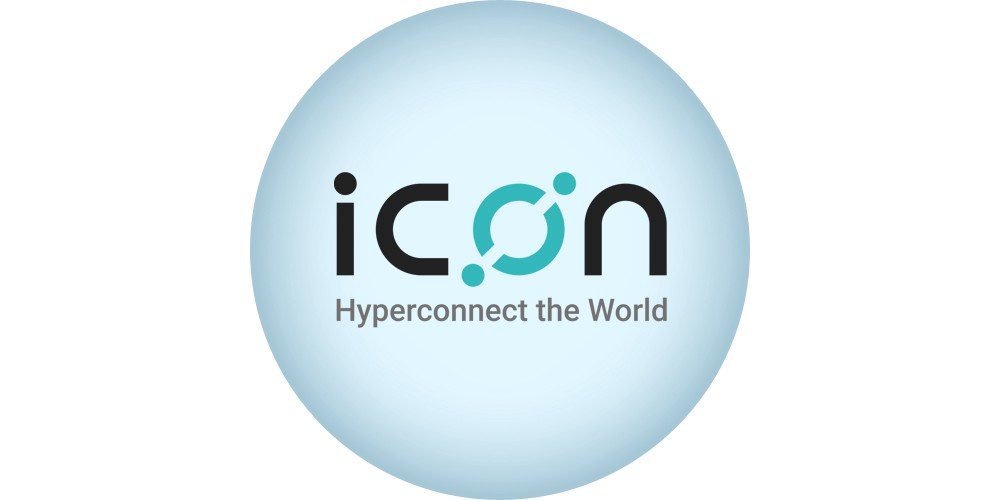
Icon was one of the most hyped projects entering this year with huge expectations pinned to the “korean Ethereum”. The whole year was marked with strong bear grip of the crypto market, squeezing out the joy, motivation but also money out of both altcoin team projects and their supporters. Icon was worth $12 at one point back in February 2018 before a prolonged nosedive took it all the way down to the current $0.21 per token. That is a 98% drop, one of the largest price losses in the whole market.
Icon has a big objective: interoperability, provide a platform where companies from financial, security, insurance, healthcare, educational, and commerce industries can coexist and transact on a single network.
What you'll learn 👉
Current state of the ICON network
ICX did build a solid ecosystem and the team is pushing simultaneously on both fronts: tech and business side.
Between the many partnerships, some of the major ones include:
- Partnerships with Woori Bank and Nonghyup Bank, two of the largest banks in South Korea;
- Partnerships with the larger healthcare blockchain consortium in South Korea;
- Partnerships with the larger insurance consortium in South Korea backed by the Ministry of Science;
- Partnerships with Samsung;
- Partnership with Daily Financial Group;
- LINE instant messaging app (Joint Venture) for the creation of UNCHAIN.
As far as the technology front goes, ICX has planed a feature-rich roadmap that includes:
- Chain ID & DID – Decentralised ID system;
- Loop Chain;
- ICONLOOP;
- ICONSENSUS;
- STO offering;
- S-Coin payment;
- ICON DEX;
The benefit of coming from South Korea
One of the major benefits for Icon is that it is the biggest blockchain project coming from a very tech-savvy South Korea. It’s a nation quick to embrace technological change. You could probably pin this to Korea’s incredible economic development in the latter half of the 20th Century, when it was transformed from an impoverished country in the aftermath of the Korean War into a wealthy nation with the 12th largest economy in the world.
As reported by Quartz, more than 30% of employees within South Korea have owned cryptocurrency at some point.
The ICON blockchain project was started by Korean fintech startup incubator Dayli Financial Group, which also owns Coinone, one of the country’s largest crypto exchanges.
While there are many competing projects looking to connect various industries and public sectors in other countries, ICON has established itself as the only real contender to dominate blockchain development in South Korea.
Two important features to enrich the ICX blockchain
One of the more interesting upcoming element of the ecosystem is the alleged decentralized exchange based on ICON mainnet. With ICONex wallet and ICON Tracker block explorer software, this upcoming DEX will help ICX and IRC2 (similar to the ERC-20 standard) holders exchange their tokens in a safe, transparent way. Additionally, ICON’s DEX is expected to increase the liquidity and usability of IRC2 tokens in the ICON Network.
Final addition to the puzzle will be the decentralized identification system (DID), which will allow individuals to store and manage their personal information on the ICON blockchain. The system will apparently store data in a way that secures it from being stolen, falsified or duplicated, bringing is owner maximum protection. It should also help the end user identify himself and connect to ICON dApps more easily, without having to create separate ID’s for each dApp.
DEX and DID features are expected to come in the first half of 2019, according to the ICON team. That being said, the project hasn’t exactly been known for keeping to their deadlines in the past. Will their newly set goals be fulfilled according to the set roadmap? We’ll know by June this year.



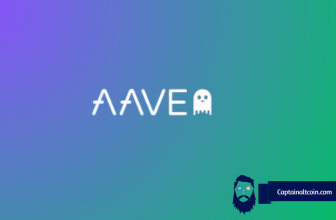
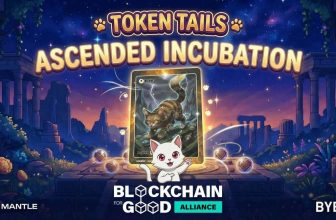
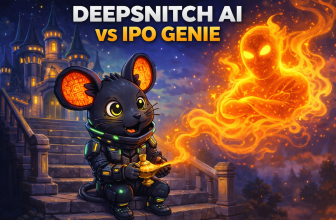
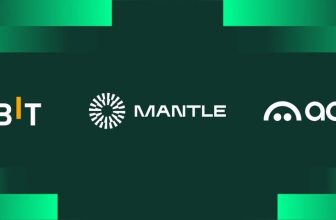
While ICON has ambitious plans for connecting different communities, it faces many challenges in accomplishing this goal. First, many investors are used to traditional centralized cryptocurrency exchanges. While it is true that these traditional, centralized exchanges do not fit with the decentralized ideology of cryptocurrencies, in 2021, these exchanges are still an integral part of the cryptocurrency market.